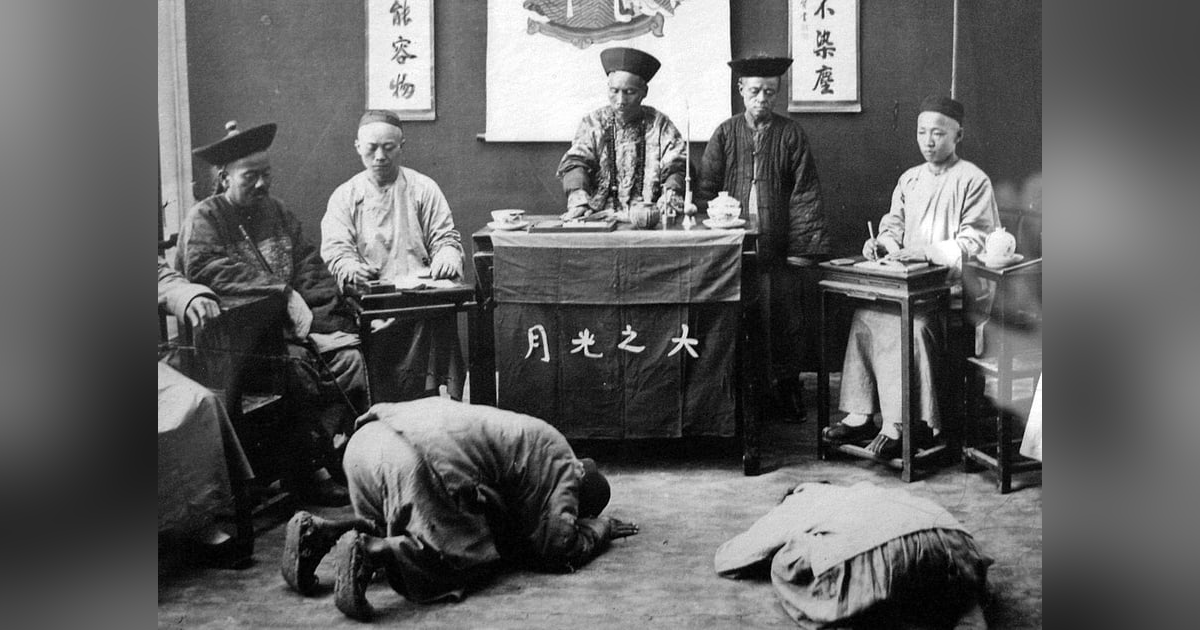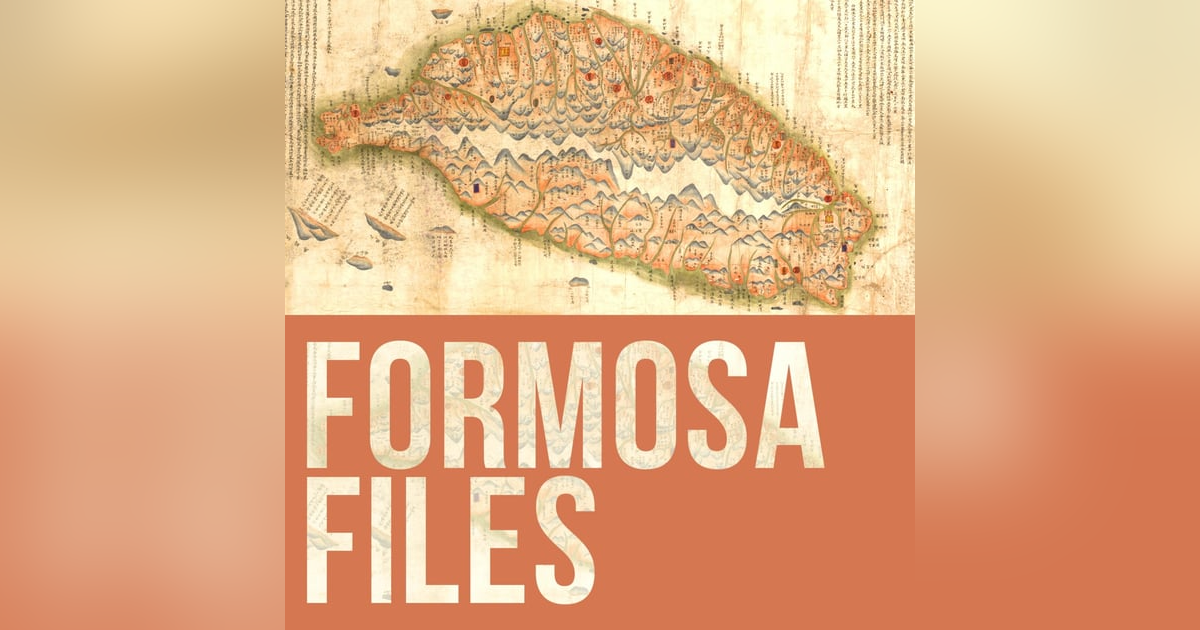S3-E5 - Local Language Loanwords: A Lovely Hot Pot of Fujianese, Mandarin Chinese, Japanese, English, and More


All languages borrow words from other languages. These “loanwords” often come with fascinating historical backstories, their adoption the result of encounters by traders, scholars, and adventurers; and the result of colonialization, as was the case with Taiwan, 1895 to 1945, when many Japanese words came into the Taiwanese language. And because the Japanese are themselves such prodigious borrowers, many of these words were originally from other languages. Find out why English owes such a debt to Cantonese, why John loves “tea,” and why Eryk doesn’t want to “kowtow.” Whether you’re an “obasan” or a “joss-pidgin-man,” we think you’ll enjoy our look at lovely linguistic loanwords.
Cover: Men kowtow (literally translated to English as "knock head") before a magistrate during an official session at a Chinese Yamen in Guangzhou, pre-1889. (Picture via Wikimedia Commons)
Below: Chinese military forces welcome the Macartney Embassy in 1793. This colored illustration derives from an engraving by William Alexander in An Authentic Account of an Embassy from the King of Great Britain to the Emperor of China (1797).
Below left: An engraving of the Qianlong Emperor (1797). Right: An engraving of Lord Macartney, who led an unsuccessful British mission to China. The British wanted trade concessions, but the Chinese emperor rejected the idea, saying China had no need for western goods. On the plus side, the encounter gave the English language the word "kowtow."
Click HERE for a list of Taiwanese loanwords from Japanese.
Click HERE for an article by Nick Kembel with lots of interesting info on the languages we speak in Taiwan today.
Do us a favor and rate/review the show! It really helps. Do it on Apple Podcasts or here on our website.
Write us with questions or ideas at formosafiles@gmail.com
AND THE BIGGEST REQUEST: tell others about this free, not-for-profit resource about Taiwan.

















